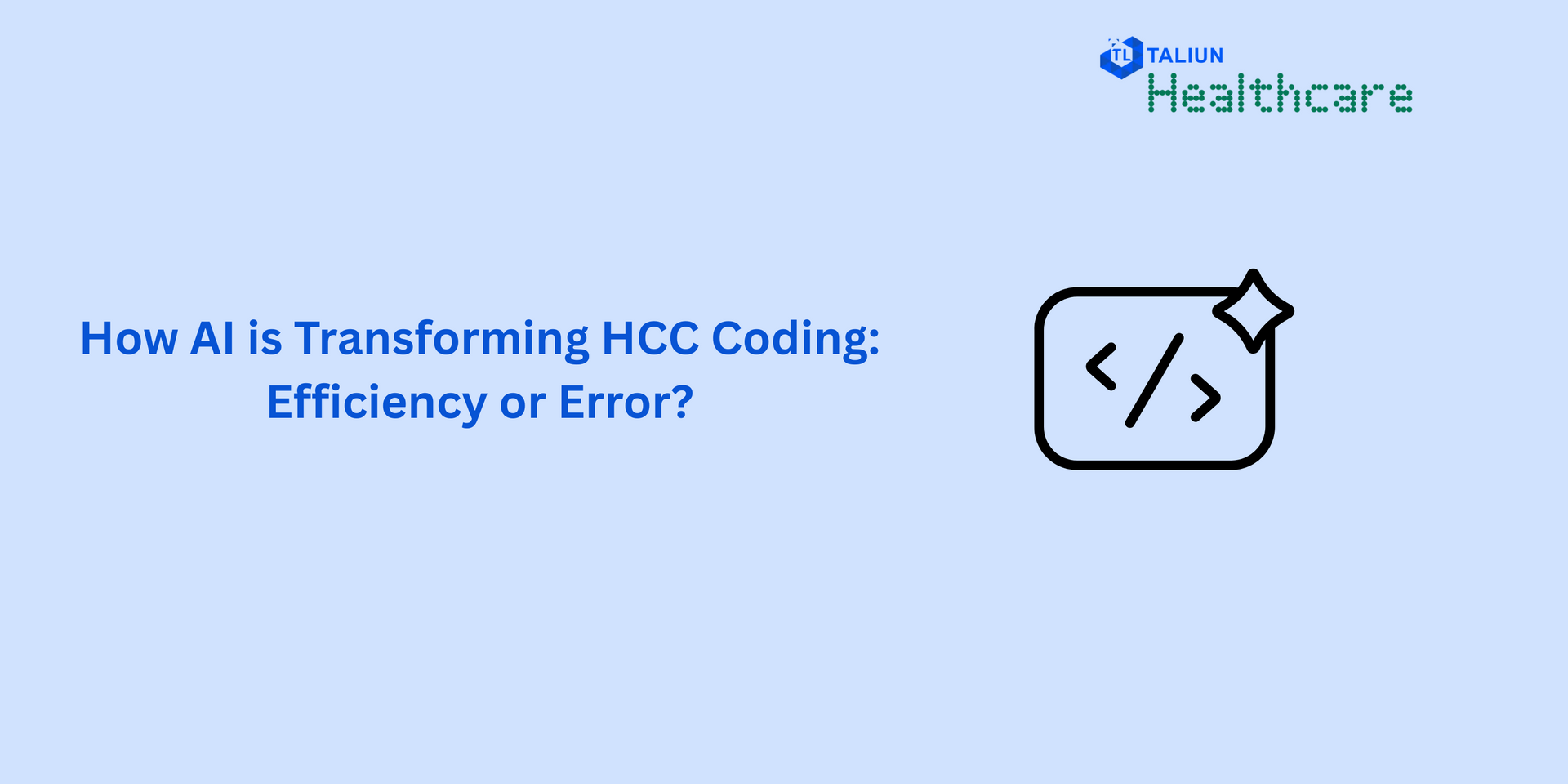Transforming Enterprise Strategies with Generative AI: A Path to Innovation

In the age of cutting-edge technologies, Generative AI stands out as a game-changer. It's the driving force behind modern AI advancements and holds a key role in shaping enterprise strategies. As businesses increasingly harness AI's power, understanding how generative AI contributes becomes paramount.
The Role of Generative AI in Enterprise AI Strategy
1. Enhanced Creativity and Innovation
Generative AI opens a gateway to unparalleled creativity and innovation. By simulating human-like creative thinking, AI systems can generate an array of fresh and unconventional ideas, designs, and content. This infusion of novel perspectives can serve as a wellspring for businesses seeking breakthroughs. For instance, an advertising agency could employ generative AI to brainstorm unique ad concepts that resonate with diverse audiences, leading to truly innovative campaigns.
2. Automated Content Generation
The significance of content in today's business landscape cannot be overstated. Generative AI addresses this by autonomously producing a variety of content types, be it product descriptions, research reports, or marketing materials. This automation reduces the resource drain and accelerates content delivery, while maintaining a consistent level of quality. Think about a news organization that employs generative AI to draft initial versions of news articles, allowing human journalists to focus on refining and contextualizing the content.
3. Personalized Customer Engagement
In the realm of customer engagement, personalization is the golden ticket. Generative AI excels at analysing large volumes of customer data and crafting tailored recommendations, responses, and interactions. This not only enhances customer satisfaction but also strengthens brand loyalty. Consider an e-commerce platform that utilizes generative AI to suggest products based on individual user preferences, leading to more relevant and enjoyable shopping experiences.
4. Efficient Prototyping and Design
Product development often hinges on effective prototyping and design iterations. Generative AI expedites this process by generating a multitude of design alternatives in a short span. This not only speeds up the development cycle but also empowers designers to explore a wider spectrum of possibilities. A car manufacturer could harness generative AI to quickly generate and evaluate numerous car body designs, thus streamlining the design-to-production timeline.
5. Data Augmentation and Analysis
In the realm of AI model training, data availability is a crucial factor. Generative AI addresses data scarcity by creating synthetic data that complements existing datasets. This augmentation enriches the training process, leading to more robust and accurate models. For instance, a medical imaging company could use generative AI to generate diverse synthetic medical images, enhancing the diagnostic capabilities of AI-powered tools.
Real-world Use Cases
1. Marketing and Content Creation:
- Fashion Industry: Generative AI revolutionizes the fashion world. Clothing brands utilize AI to create virtual design models and experiment with various styles and patterns. This significantly reduces lead times in designing new collections and ensures that designs align with emerging trends.
- Social Media Campaigns: Social media managers leverage generative AI to generate engaging posts across platforms. From crafting catchy captions to selecting relevant images and hashtags, AI ensures that each post resonates with the intended audience, enhancing brand visibility and engagement.
2. Product Design and Innovation:
- Automotive Sector: In the automotive realm, generative AI transforms design processes. Car manufacturers utilize AI algorithms to explore countless design variations, optimizing aerodynamics and aesthetics. This not only accelerates the design process but also leads to the creation of sleeker and more fuel-efficient vehicles.
- Consumer Electronics: Tech companies harness the power of generative AI to innovate their products. For instance, smartphone manufacturers employ AI to generate multiple design prototypes quickly. This enables them to bring cutting-edge devices to market faster, meeting consumer demand for constant innovation.
3. Customer Support and Interaction:
- E-commerce: Customer support in e-commerce gains a personalized touch with generative AI-powered chatbots. These bots analyse customer inquiries, generate appropriate responses, and offer tailored product recommendations. This seamless assistance enhances the shopping experience and boosts customer satisfaction.
- Healthcare Assistance: Generative AI transforms patient care. Healthcare providers deploy AI-driven virtual assistants that offer patients personalized medical advice based on their symptoms and medical history. These virtual assistants ensure that patients receive timely guidance, enhancing their overall well-being.
Challenges and Considerations
While generative AI offers transformative potential, certain challenges must be acknowledged:
- Bias in Generated Content: Ensuring fairness and mitigating biases in AI-generated content is an ongoing challenge.
- Fine-tuning and Optimization: AI models demand meticulous fine-tuning for optimal performance and desired outcomes.
- Human Oversight: Human intervention remains essential to monitor, guide, and correct AI-generated outputs.
Future Implications and Conclusion
The future is promising as generative AI continues to evolve:
- A world of innovation awaits, where generative AI refines strategies, amplifies creativity, and drives business growth.
- Responsible and ethical usage remains paramount to harness its benefits effectively.
In essence, the transformative power of generative AI steers enterprises toward innovation, efficiency, and enriched customer experiences.




